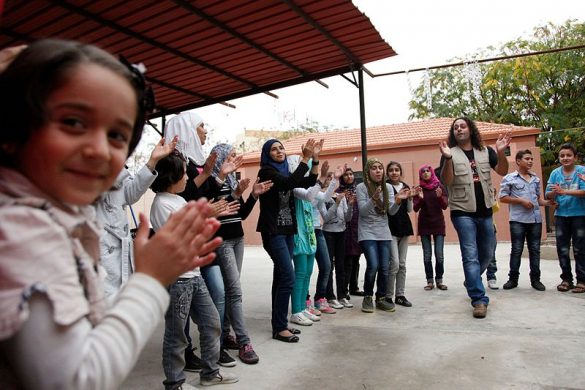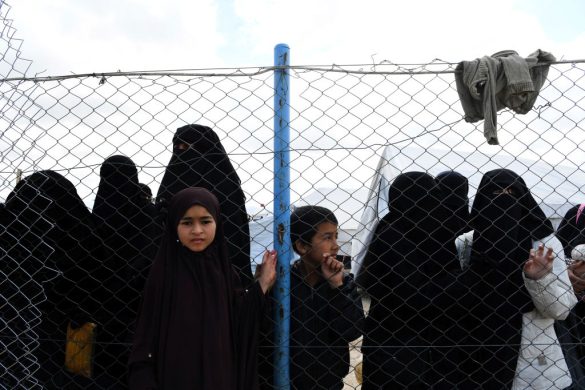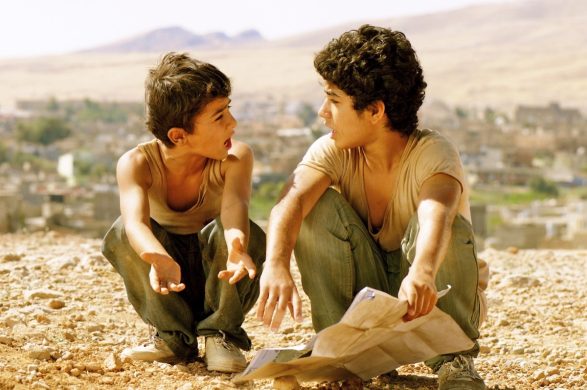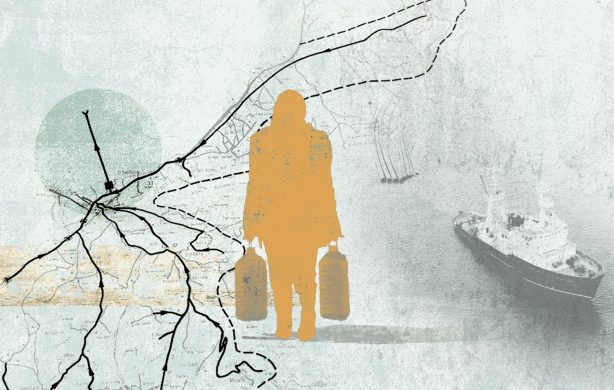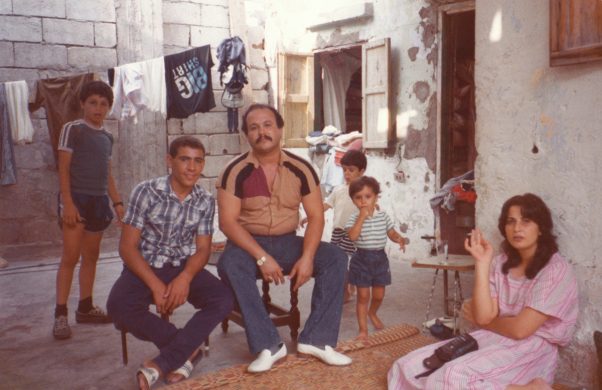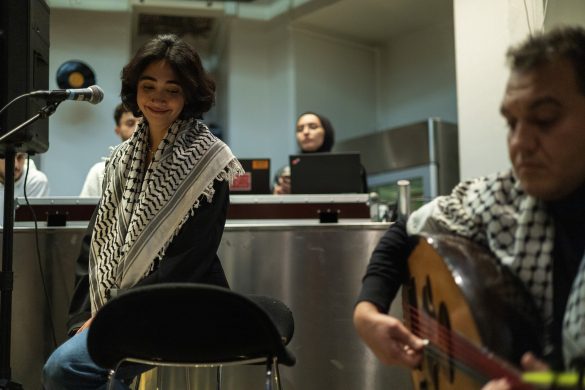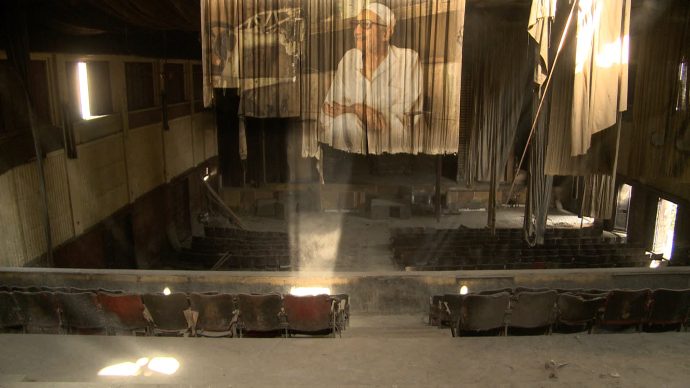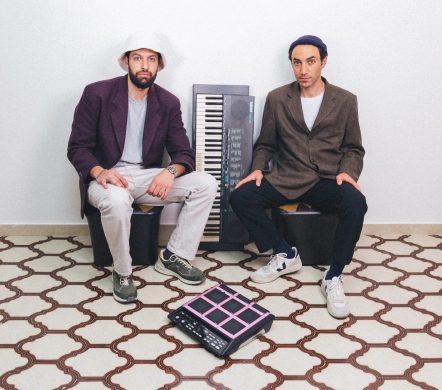New research by International Alert reveals significant differences in attitudes between Lebanese and Syrian children studying in mixed versus separate classes in Lebanon.
The findings show that Syrian and Lebanese schoolchildren in mixed classes have more positive views of each other than those studying in separate classes, with daily contact helping to combat negative stereotypes.
The research, entitled Better together, looks at the impact of the schooling of Lebanese and Syrian displaced pupils on social stability in Lebanon. It was conducted between May and July 2015 in the northern Akkar region and Bourj Hammoud in the eastern suburbs of Beirut. A total of 94 Syrian and Lebanese schoolchildren, parents and teachers took part in the 14 focus groups, with five additional interviews conducted with school principals, teachers and aid workers.
Schools in two shifts
Syrian children attending the mixed morning shift have typically been in Lebanon longer and were therefore registered in school sooner. Some of these students also have better community or family connections in Lebanon, including Lebanese relatives or Syrian relatives who lived in Lebanon before the crisis.
The conditions in the morning shift were described as being more conducive to learning, with the afternoon shift having a more condensed programme of learning and lacking sport and leisure activities. Students in the morning shift also said they have better relationships with their classmates, playing and talking to each other.
Avoiding Syrians
Parents of the Lebanese students said they generally prefer their children to avoid Syrians. They also felt that the challenges faced by the education system were aggravated by the enrolment of Syrian children in mixed classes.
Læs mere og find hele rapporten her

